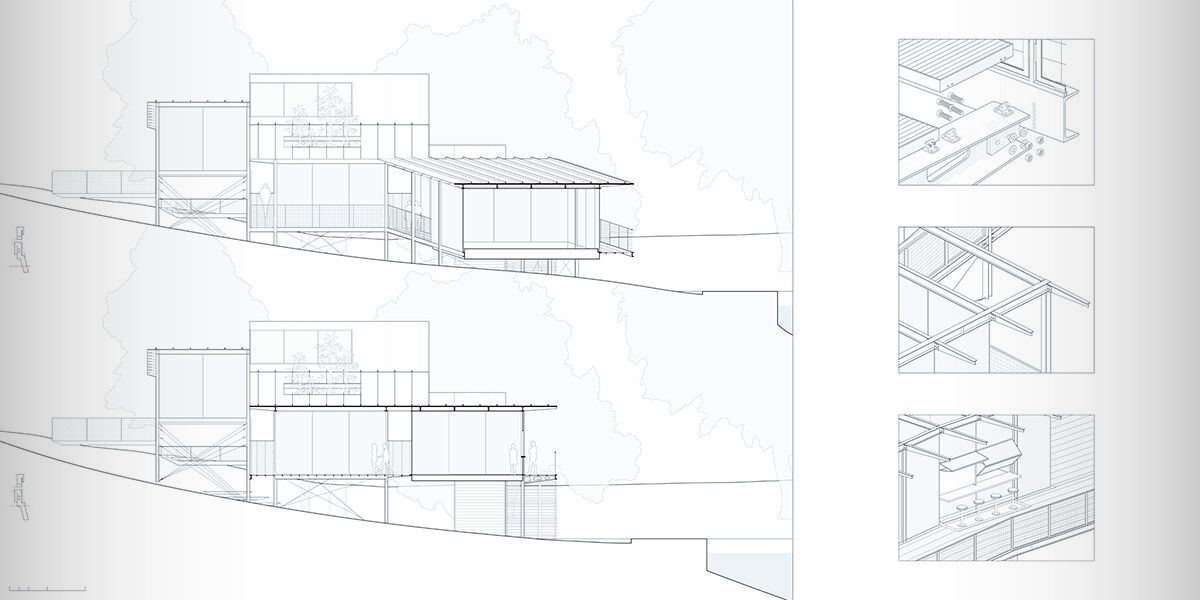Property value is a difficult thing to define, as multiple factors contribute to an evaluation’s final result. Unlike standard assets that are bought or sold, the size, age, and materials used on a property are just a few ways the value of these structures can fluctuate. External trends like market conditions can also affect the value of a property, making it critical to continuously monitor this figure and take steps to improve it. Todd Rissel, the founder of e2Value, a full-service technology provider that offers asset valuation tools, notes that residential property valuation is often overlooked. Whether intentional or not, protecting your assets through timely property valuation services and simple upgrades is critical for increasing the listing price, leveraging equity for cash, and preventing future insurance losses.
It’s important to perform frequent maintenance on assets, including real estate to retain or increase its market value. This standard applies to residential, commercial, or any other type of property. Taking proactive steps to uphold your property’s value can prevent future disasters that might cause insurance losses and financial consequences.
Increasing property value can provide financial and practical benefits. Improving property valuation can enhance functioning and aesthetic appeal. It can also increase the chances of higher selling profits, protect it from a bad market period, provide equity payouts, and possibly eliminate the need for mortgage insurance. Depending on your goals, the investment will vary. If you’re looking to sell at a higher price, you can install more usable square footage, remodel spaces, or simply clean and repaint surfaces.
Despite the benefits of increasing property value, many owners neglect routine maintenance and easy upgrades that help them in the long run. This negligence may occur because of financial constraints or a lack of knowledge. Todd Rissel says that residential property owners are likely to make this mistake because of insufficient information about how important budgeting for maintenance is. They may have only been taught that something should be fixed when it’s broken, not before. When homeowners file for insurance claims during crises, they will realize why it’s critical to continuously monitor and improve home valuation.
“Property value isn’t a static figure,” says Todd. “It changes over time as properties age or as newer buildings increase on the market and in your vicinity. Whether you’re a homeowner or leasing commercial properties, knowing the current value of your property ensures insurance policies adequately protect your assets. This is what most people forget, leaving them vulnerable when there’s a leak, fire, or any other event that creates a liability to you or the insurance provider.”
Todd notes that budgeting 3% – 5% of the property’s market value on maintenance items can reduce the threat of damages or accidents that lead to insurance claims. The amount does not have to be spent yearly, but saving that amount aside will keep owners in a great position to repair big and small items as they are needed.
e2Value, a leading SaaS provider in the USA and Canada offering valuation solutions for residential, commercial, and farm and ranch properties, is a trustworthy partner for this demographic. The company has a 25-year legacy of comprehensive, knowledge-based Internet applications that make valuation consistent and standard concerning pricing, processes, and procedures. This efficiency simplifies collateral asset valuation, risk management, and predictive modeling. As a result, e2Value protects property owners and enables accurate financial planning.
The real estate and insurance markets are expected to shift in the coming years as society moves through a post-COVID world with new norms. Todd remarks that it’s vital to stay open-minded about how best practices will change in response. However, as property value increases, insurance costs will decrease. This condition will remain true for future markets, which is why property owners should stay knowledgeable about the value of their assets.
Published by: Nelly Chavez









